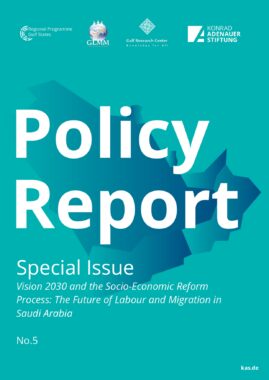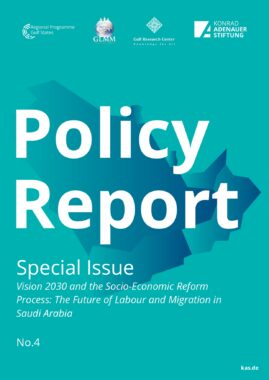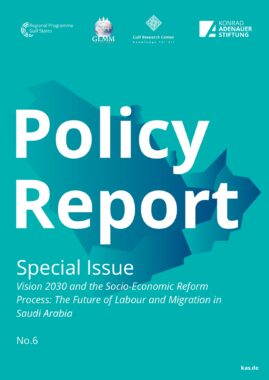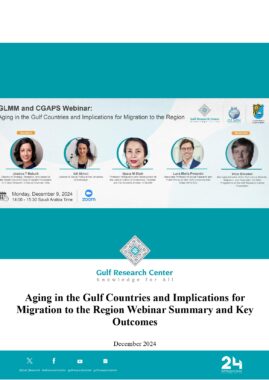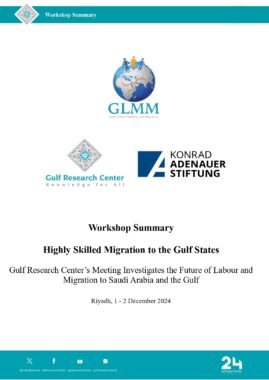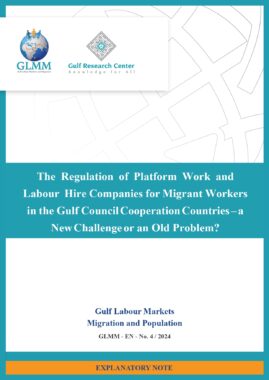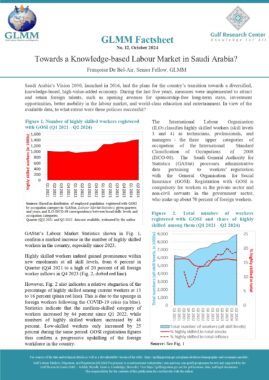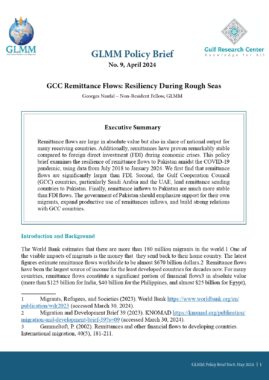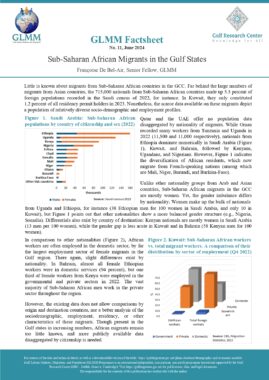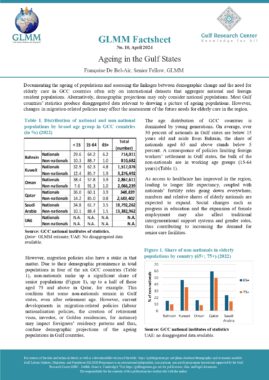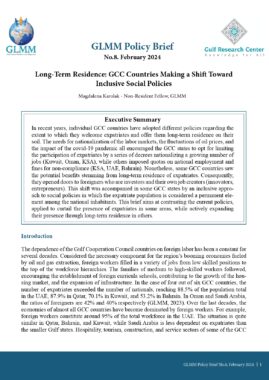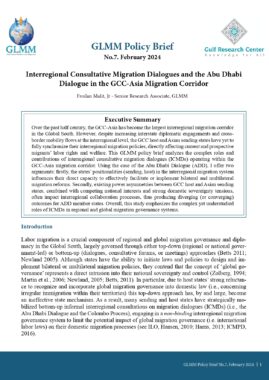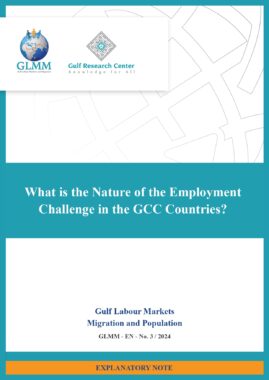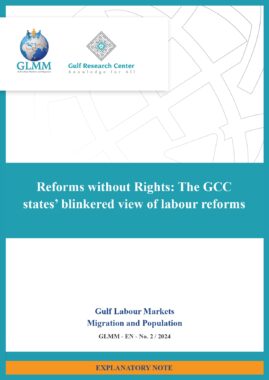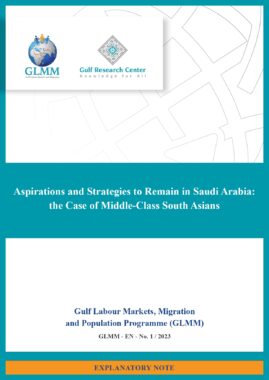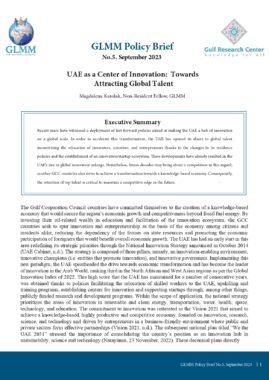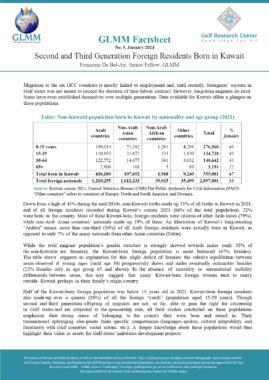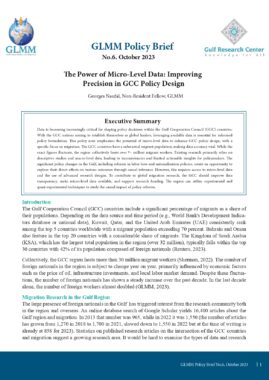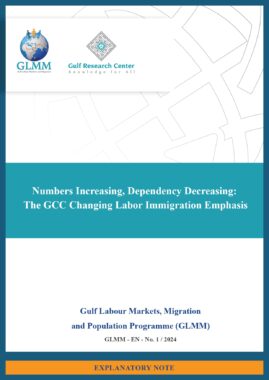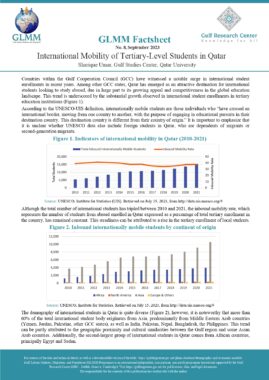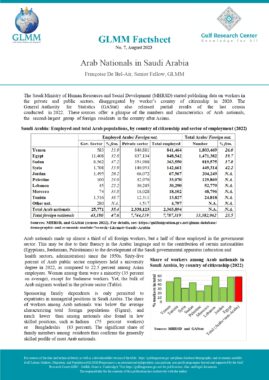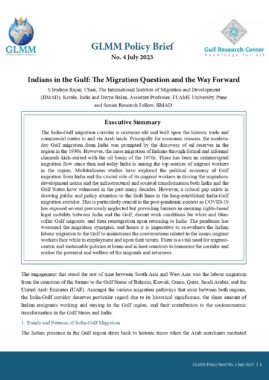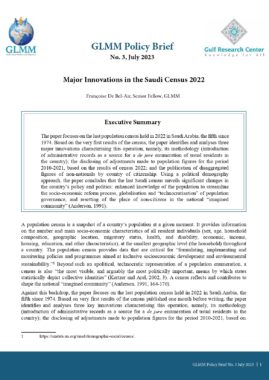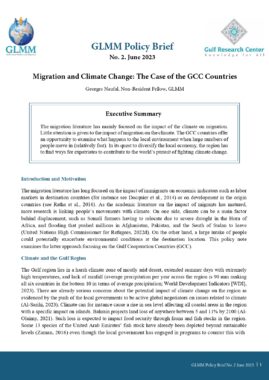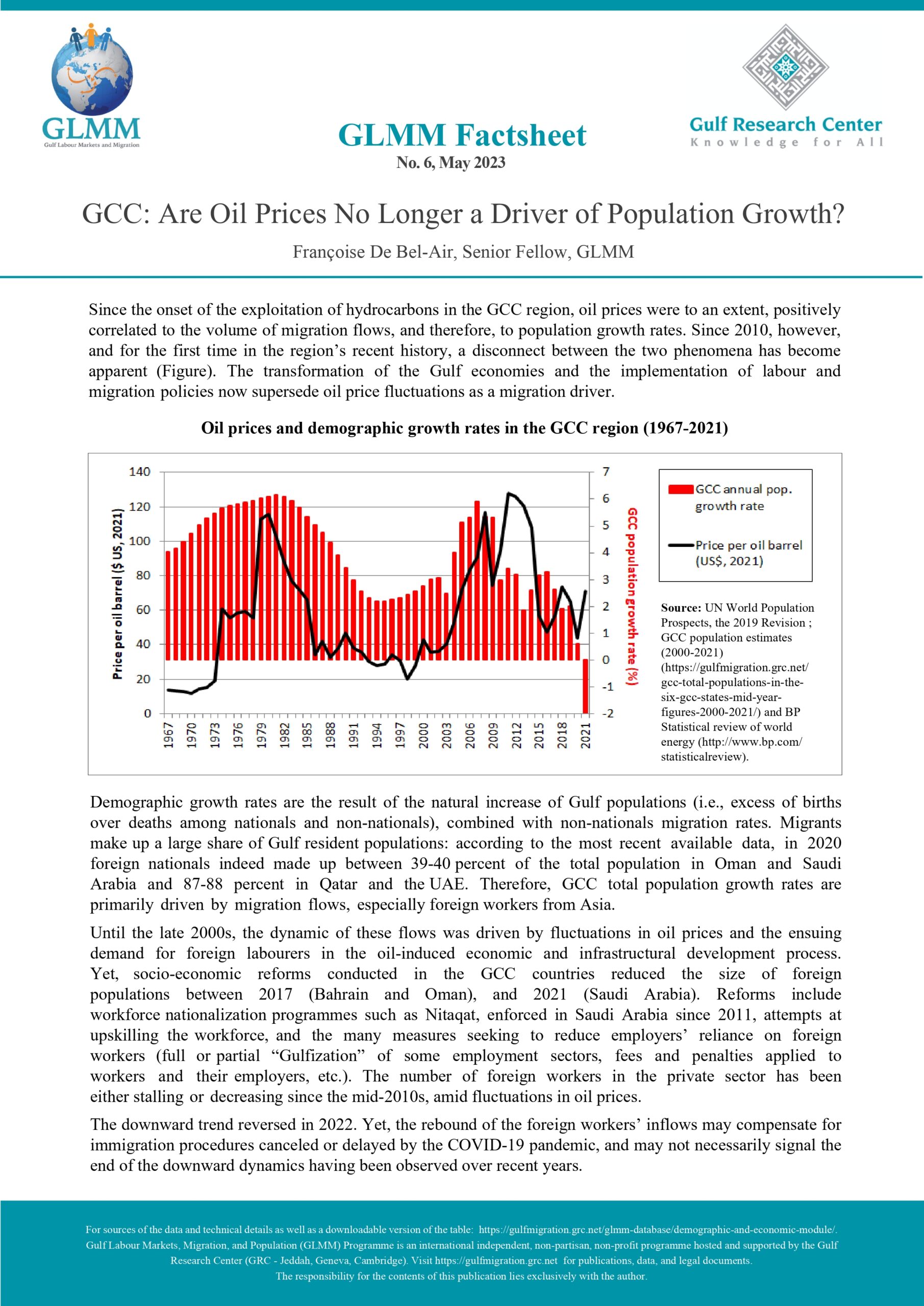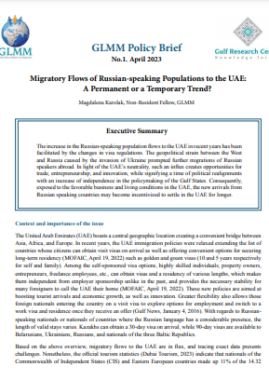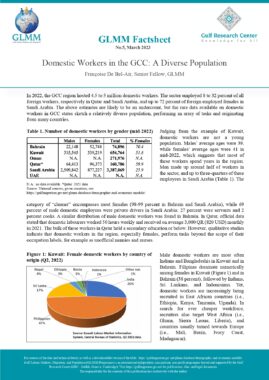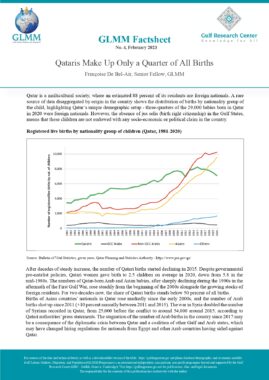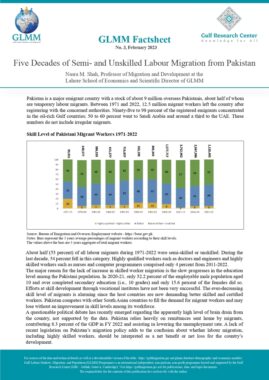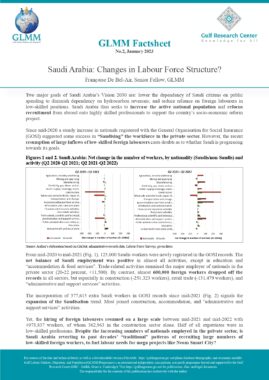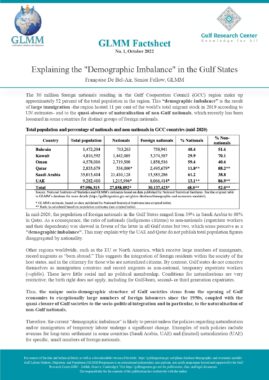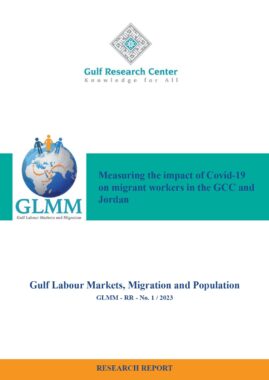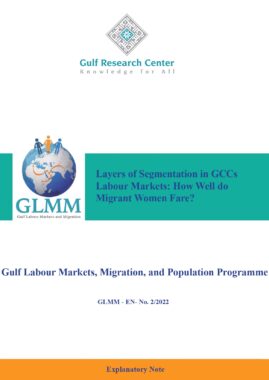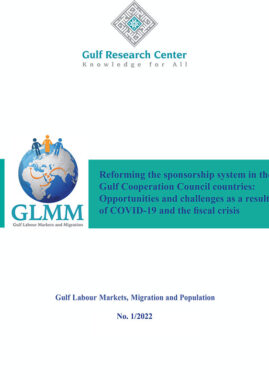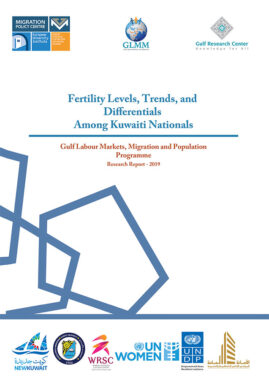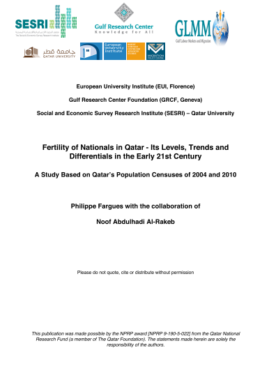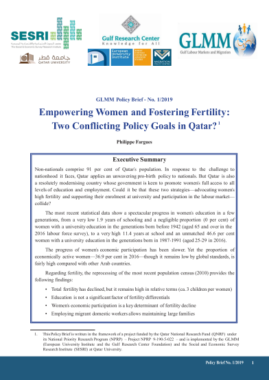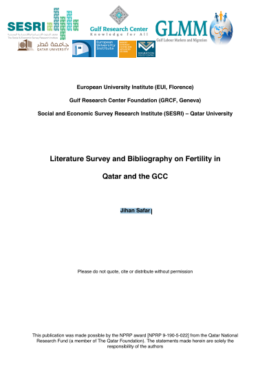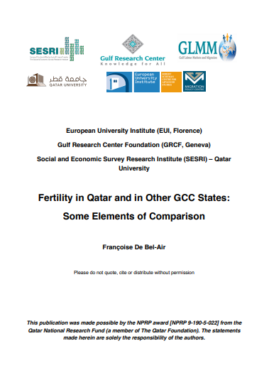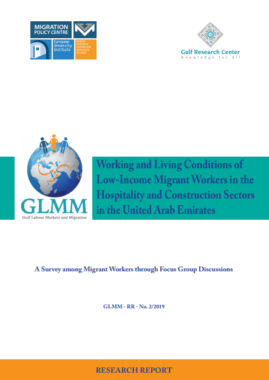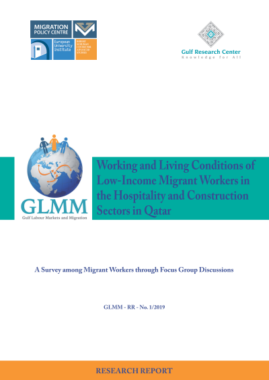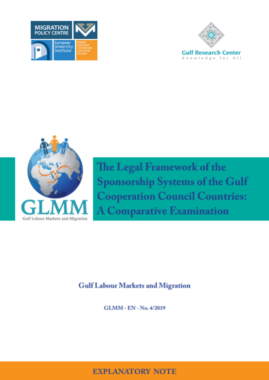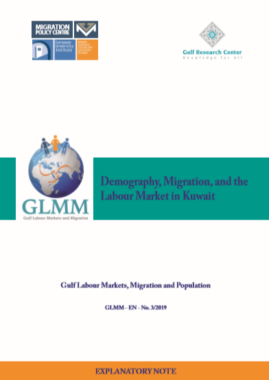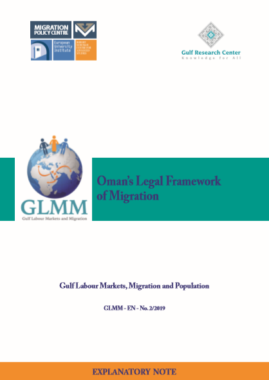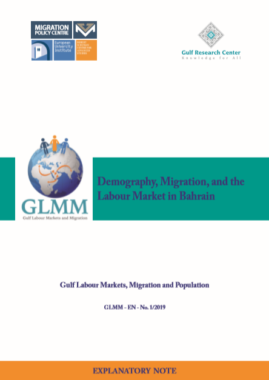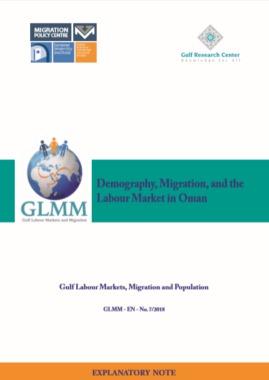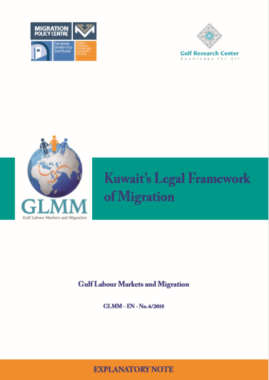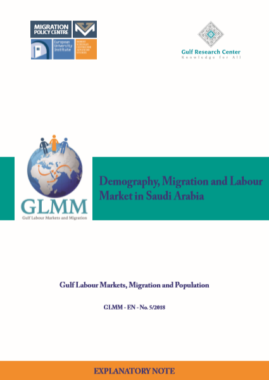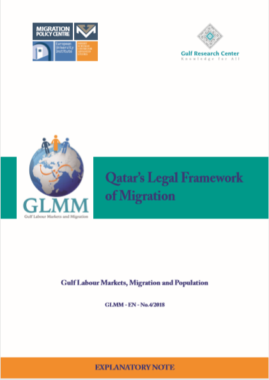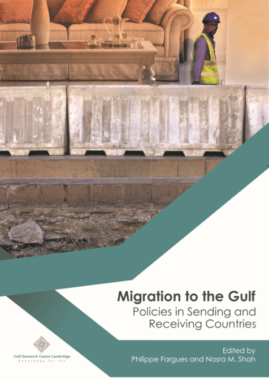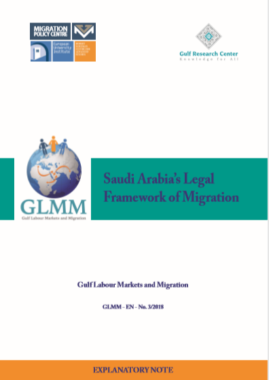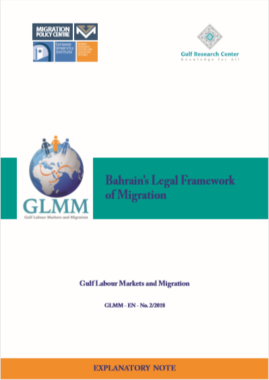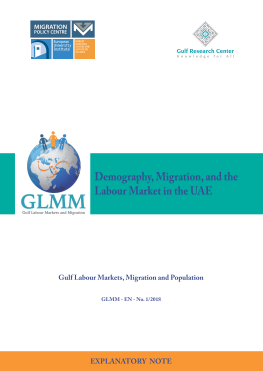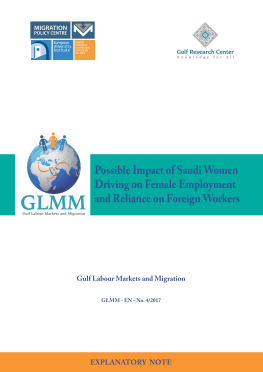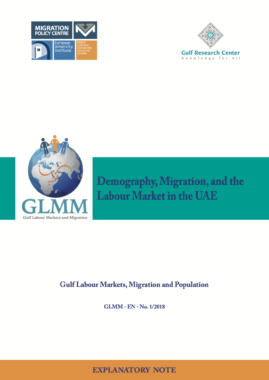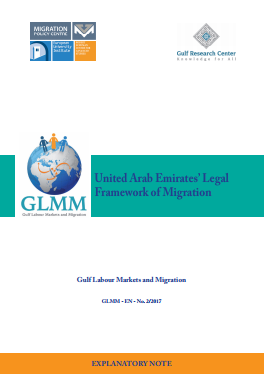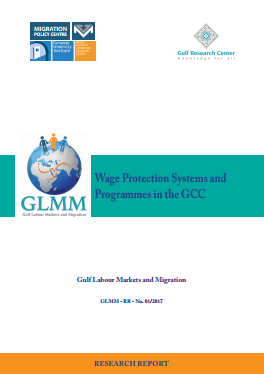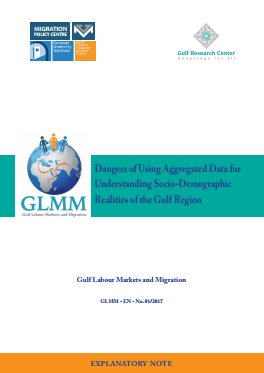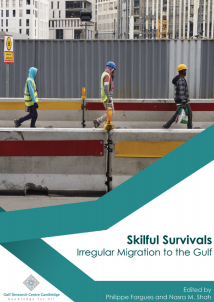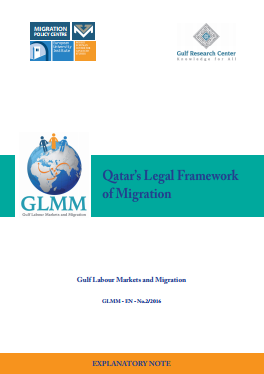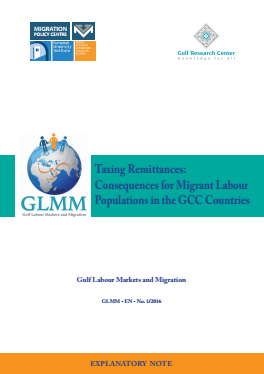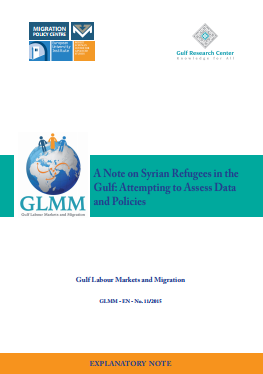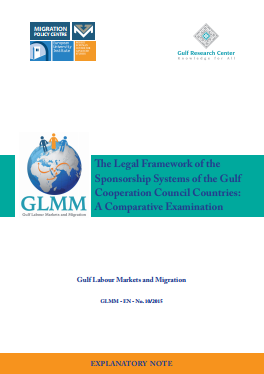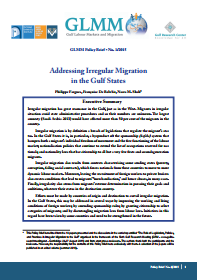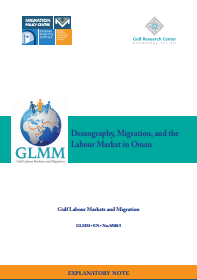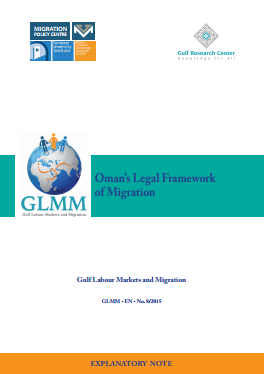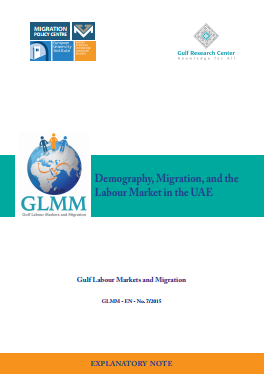Population aged 15 and above by nationality (Qatari/ non-Qatari), sex and education level (2018)
| Qataris | Non-Qataris | Total | |||||||
| Males | Females | Total | Males | Females | Total | Males | Females | Total | |
| Illiterate | 574 | 2,310 | 2,884 | 16,951 | 2,765 | 19,716 | 17,525 | 5,075 | 22,600 |
| Read & Write | 3,599 | 5,588 | 9,187 | 186,608 | 28,085 | 214,693 | 190,207 | 33,673 | 223,880 |
| Primary | 6,358 | 6,822 | 13,180 | 380,832 | 55,731 | 436,563 | 387,190 | 62,553 | 449,743 |
| Preparatory | 16,834 | 17,784 | 34,618 | 559,715 | 77,378 | 637,093 | 576,549 | 95,162 | 671,711 |
| Secondary | 37,860 | 28,511 | 66,371 | 299,605 | 86,728 | 386,333 | 337,465 | 115,239 | 452,704 |
| Pre.U. Diploma | 3,392 | 4,480 | 7,872 | 87,603 | 19,735 | 107,338 | 90,995 | 24,215 | 115,210 |
| University and above | 30,804 | 38,301 | 69,105 | 254,858 | 114,663 | 369,521 | 285,662 | 152,964 | 438,626 |
| Total | 99,421 | 103,796 | 203,217 | 1,786,172 | 385,085 | 2,171,257 | 1,885,593 | 488,881 | 2,374,474 |
Source: Annual Bulletin of Labor Force Sample survey 2018
ANNEXED NOTE
1. Technical Notes and Definitions
The data is taken from 2018 Labour Force Survey (yearly synthesis)
Sampling frame of LFS 2018: Census of Population, Housing, and Establishments 2015.
Sample size: 60,238 persons, in 9,200 households: 1- Qatari households; 2- Non-Qatari regular (non-collective) households;
3- Non-Qatari small collective households or labour gatherings (2 – 6 persons); 4- Non-Qatari large collective households or large labour gatherings (7 persons or more).
Data Collection: data was collected monthly.
Reference period for the labour force data: the week prior to data collection day.
Population of reference: all Qatari and non-Qatari households present in Qatar on the night of survey, living in normal and collective households.
The collective households are a group of persons not related to each other and sharing living conditions in a residential unit, I.e. labour camps, students living in boarding
schools, nurses in hospitals… etc. The survey covered the small collective households (includes less than 7 persons) and large collective households (includes 7 persons or more).
The survey did not cover short periods accommodation, i.e. hotels.
2. Institution which provides data
Planning and Statistics Authority
(https://www.psa.gov.qa/en/Pages/default.aspx)
3. Data availability
The Statistics Authority conducted the first labour Force Sample Survey in 2001. Starting from 2006, the execution of these surveys came to be on annual basis, and on a quarterly basis since 2013.
Labour Force Surveys (yearly and quarterly data) can be downloaded from MDPS’s website, in PDF and Excel format:
https://www.psa.gov.qa/en/statistics1/pages/topicslisting.aspx?parent=Social&child=LaborForce
Labour Force 2018:
https://www.psa.gov.qa/en/statistics/Statistical%20Releases/Social/LaborForce/2018/Annual_Bulletin_Labour_force_2018_AE.xls
Statistical analysis of LFS 2018:
https://www.psa.gov.qa/en/statistics/Statistical%20Releases/Social/LaborForce/2018/statistical_analysis_labor_force_2018_En.pdf
Last date of access: October 2019.
Similar Posts:
- Population aged 15 and above by nationality (Qatari/non-Qatari), sex and marital status (2012)
- Qatar: Economically active population aged 15 and above by nationality (Qatari/ non-Qatari), sex and employment status (2018)
- Population 15 years and above by nationality (Qatari/ non-Qatari), sex and age group (2012)
- Qatar: Economically active population aged 15 and above by nationality (Qatari/ non-Qatari), sex and activity sector (2018)
- Population aged 15 and above by nationality (Qatari/ non-Qatari), sex and level of education (2012)
